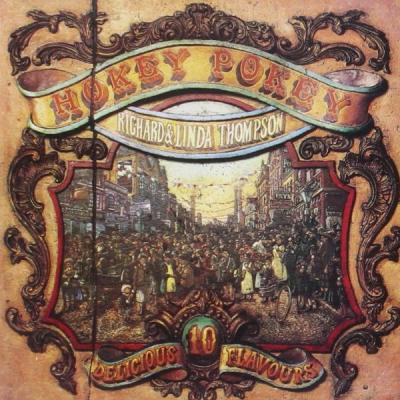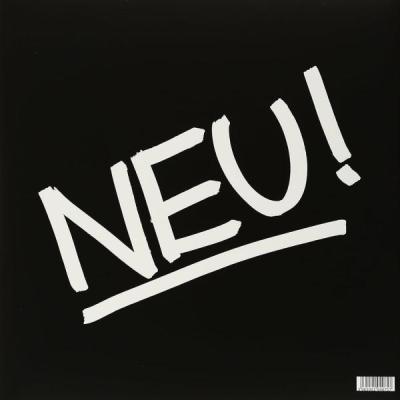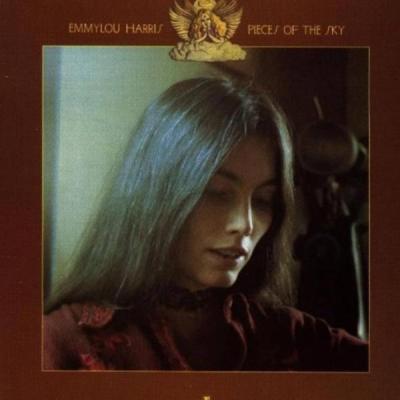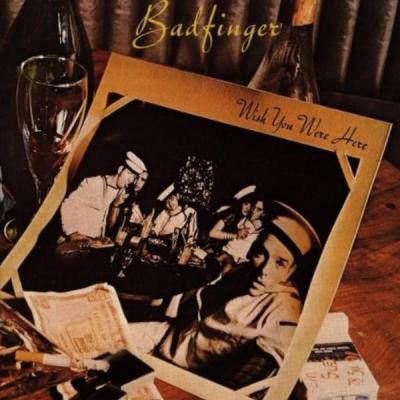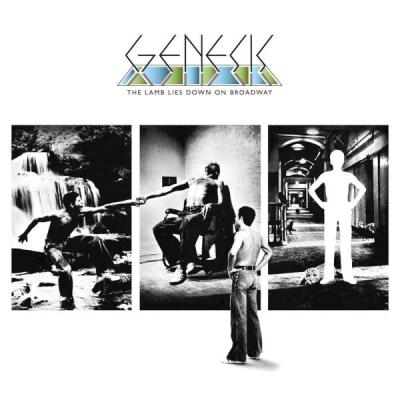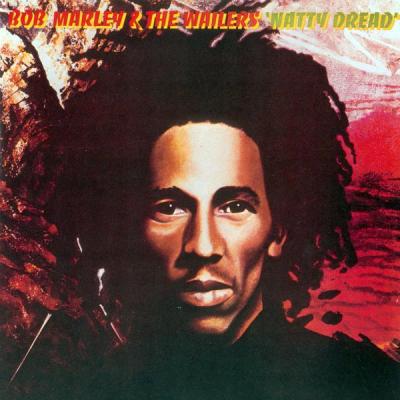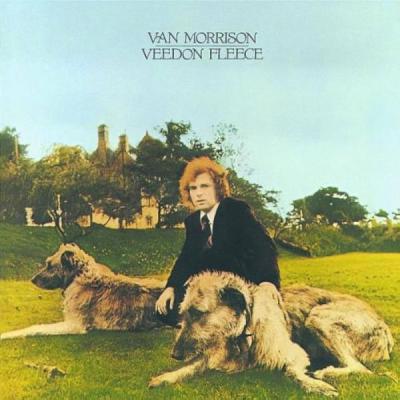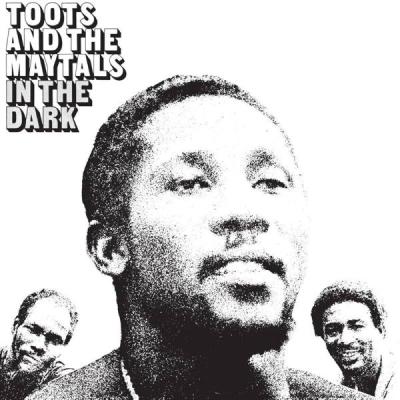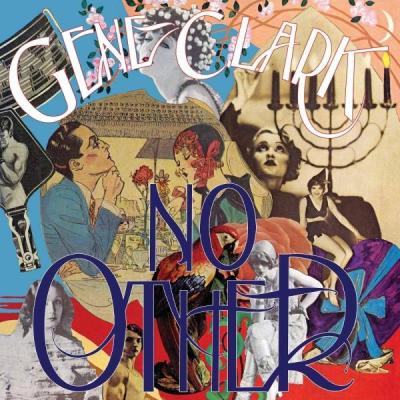

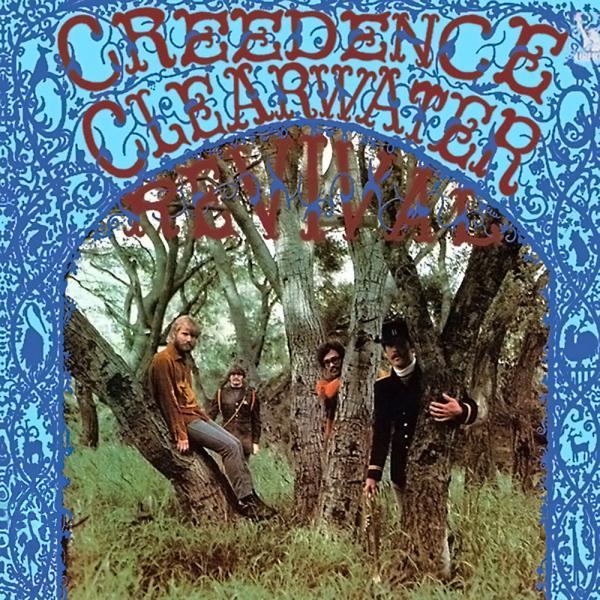
Creedence Clearwater Revival
Album #97 - July 1968
Episode date - June 7, 2017
It has been generally acknowledged by most music critics that Creedence Clearwater Revival were the premier singles group of the late ‘60s/early ‘70s, but in their time, the band was not feeling the love.
In the late ‘60s, the band was considered out of step with the cultural zeitgeist of the period, and contemporary tastemakers did not hold back on their criticism. While other bands were attempting to redefine the cosmos, John Fogerty was performing rootsy, organic songs as if he were a Southern voodoo master – which led to another significant criticism concerning his posturing, since he was born and raised in Berkeley, California. Cover versions of Wilson Pickett, Screamin’ Jay Hawkins and Dale Hawkins were also seen as incongruous. He was further ostracized when his band starting releasing hit singles at a time when hit singles were no longer considered to be ‘cool’. It was a constant uphill battle for Fogerty and his band, but time has proven that Creedence Clearwater Revival recordings have outlasted a lot of late ‘60s hippie mush, that he was not posturing at all, and that his singles are among some of the best ever concocted by any artist before or since.
In retrospect, it’s hard to see what the fuss was about. An 8 ½ minute ramble through Dale Hawkins’ “Suzie Q” seems to fit perfectly in the 1968 timeframe. Maybe his approach to jamming was much too direct for the counterculture. The rhythm section remains powerful and direct for the entire span of the tune, and nothing appears extraneous. Fogerty’s lead guitar style sticks close to the essence, while his lung rattling, raspy wail adds intensity and a sense of conviction to each performance. It takes guts to sing a song like “I Put on Spell on You,” but Fogerty’s inimitable, convincing howl is nothing less than stunning, while the band provides a rhythmic muscle that was lacking from Hawkins’ original. Fogerty’s songwriting had not yet reached its peak, but this debut release conveys a subtle sense of menace that would be diluted on subsequent releases.
This is a band with a mission, and the next four albums would realize that ambition. This debut album introduces them as a band working outside the mainstream, with a unique sound that would soon be embraced by the masses, despite the critics who nipped at their heels.
July 1968 - Billboard Charted #52
Related Shows


